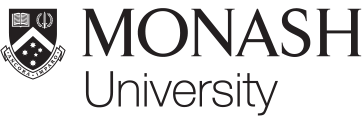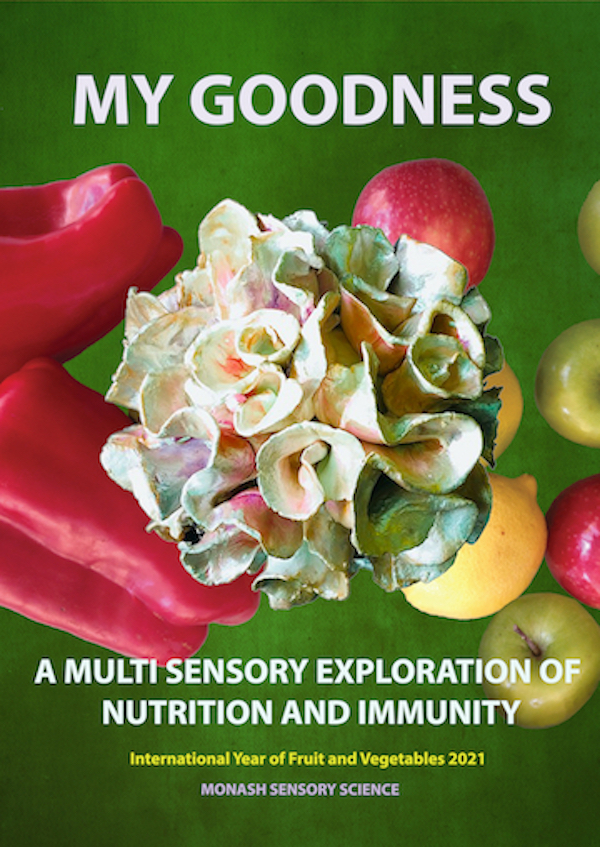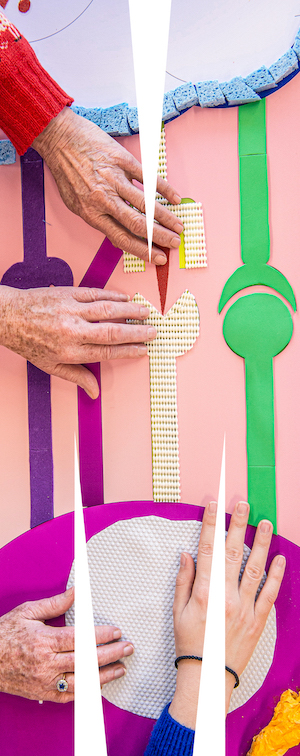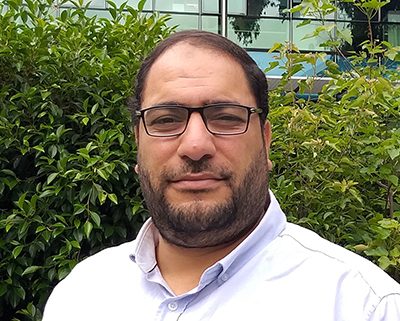Congrats to Wael and Adam: Winners of the Early Career Researcher Publication Prizes for 2021
The Faculty of Medicine, Nursing and Health Sciences (MNHS) is committed to developing Faculty-based Early Career Researcher (ECR)* initiatives, to assist our ECRs in the development of their research careers. In addition to the emphasis placed on a strong track record in research publications and competitive funding, there is also the requirement for ECRs to secure competitive Prizes & Awards. In support of this, the Faculty Research Office offers the MNHS ECR Publication Prize.
*In FMNHS, an Early Career Researcher (ECR) is defined as academic staff (Levels A-C) within 10 years of their PhD conferral (taking career disruptions into account).
ECRs are invited to nominate one research publication from the previous year for the MNHS ECR Publication Prize. Up to six ECR Publication Prizes are awarded per year, a maximum of one prize per discipline:
- The Robert Porter Prize for Laboratory Based Sciences
- The John McNeil Prize for Public Health Research
- The Henry Krum Prize for Clinical Sciences
- The Jenny Keating Prize for Nursing and Allied Health
- The Leon Piterman Prize for Social and Educational Research
- The Jenny Redman Prize for Psychological Sciences
In addition, up two Faculty prizes are also awarded for the best publications from ECRs who hold an externally-funded Fellowship.
Congratulations to our 2021 Early Career Researcher Publication Prize Winners
Robert Porter Early Career Researcher Publication Prize for Laboratory Based Sciences
Dr Wael Awad, Department of Biochemistry & Molecular Biology, School of Biomedical Sciences, Biomedicine Discovery Institute.
The molecular basis underpinning the potency and specificity of MAIT cell antigens Nature Immunology
Wael says
It is a great honour to receive the 2021 Robert Porter ECR Publication Prize for Laboratory Sciences. I am incredibly grateful to the fantastic team of collaborators who worked together so effectively across multiple research platforms and institutes in this exciting study. In particular, I’d like to express my sincerest appreciation to my mentor Professor Jamie Rossjohn for his enduring efforts and support throughout this project’s journey. In this study, we used a range of innovative structural biology and immunology approaches to unearth the molecular principles underpinning how microbial metabolites could be presented by the antigen-presenting molecule MR1 to specialized T cells, called MAIT cells, triggering an effective immune response against the invading microbes. This research provided an important framework for rationally designing improved MAIT inhibitors and activating ligands that could pave the way for the development of novel T-cell therapies. To help promote the science explored in this paper, I intend to use this prize towards travel costs for an international meeting next year.
Early Career Researcher Fellows Publication Prize for Laboratory Based Research
Dr Adam Shahine, Department of Biochemistry & Molecular Biology, School of Biomedical Sciences, Biomedicine Discovery Institute.
A single-domain bispecific antibody targeting CD1d and the NKT T-cell receptor induces a potent antitumor response Nature Cancer
Adam says
It is an absolute honour to be the recipient of the 2021 ECR Publication Prize – Fellows Publication Prize for Laboratory Sciences. I would like to acknowledge all co-authors and collaborators who took part in this exciting study. In particular, my co-first author Roeland Lameris from Amsterdam UMC, who partook in a lab stay within our laboratory for this project, as well as my key supervisor and mentor Professor Jamie Rossjohn. This study was a fantastic collaborative effort between academic and industrial institutes including Lava Therapeutics, Amsterdam UMC, Monash University, and the University of Melbourne, which married together a multidisciplinary body of work to describe a novel immuno-oncology approach for the potential treatment of rare cancers. Here, we have described the bispecific properties of a VHH antibody, supported by cellular, biophysical, structural, and mouse model data, that target and boost the interaction between two key immune cell receptors within the CD1d-Natural Killer T cell axis, resulting in a more effective immune response towards multiple myeloma and acute myeloid leukemia. These new findings will serve as a model for the potential generation of new and effective treatments towards a broad range of cancers. I aim to use these funds to attend the 16th Congress of the Federation of Asian and Oceanic Biochemists and Molecular Biologists to be held in Christchurch, NZ, in November 2021.
Adapted from The Pulse News from the MNHS Research office





